Artificial intelligence (AI) promises greater efficiency and reliability in public-sector operations, but the complexities of public procurement have hampered its adoption. To help governments achieve the potential benefits of AI while safeguarding the public’s well-being, the World Economic Forum Center for the Fourth Industrial Revolution has prepared a comprehensive and authoritative set of guidelines for public procurement of AI solutions. The authors worked in consultation with Deloitte, Salesforce and the UK Government’s Office of AI, drawing on partnerships with additional representatives of the public and private sectors, academia and civil society.
Applying specific guidelines will improve the AI procurement process and its results.
Procurement officials should first determine whether AI could drive a solution for a particular problem and only then begin the procurement process. Using these guidelines will help officials reach policy goals, promote public benefit, manage risk and align AI projects with public procurement standards.
Procurement processes should describe problems and opportunities rather than require a particular solution.
A request for proposal (RFP) that describes problems and opportunities – rather than requiring a particular approach – will yield optimal solutions, encourage innovation and promote ethical development. These practices support the government’s role as a market maker. Strategically select a procurement approach, and use best practices suited to the rapid pace of developments in AI.
The RFP should outline the public benefit and risks of using AI.
Articulating the public benefit goals – including such values as transparency – will contribute to selecting a solution that prioritizes them. Undertake...
The World Economic Forum engages the foremost political, business, cultural, and other leaders of society to shape global, regional and industry agendas.












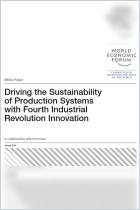
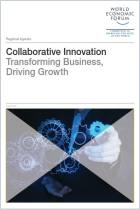

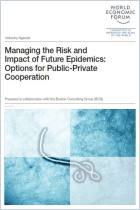
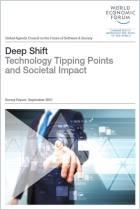


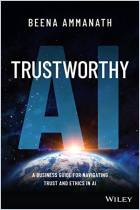
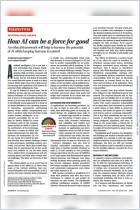









Comment on this summary or Start Discussion